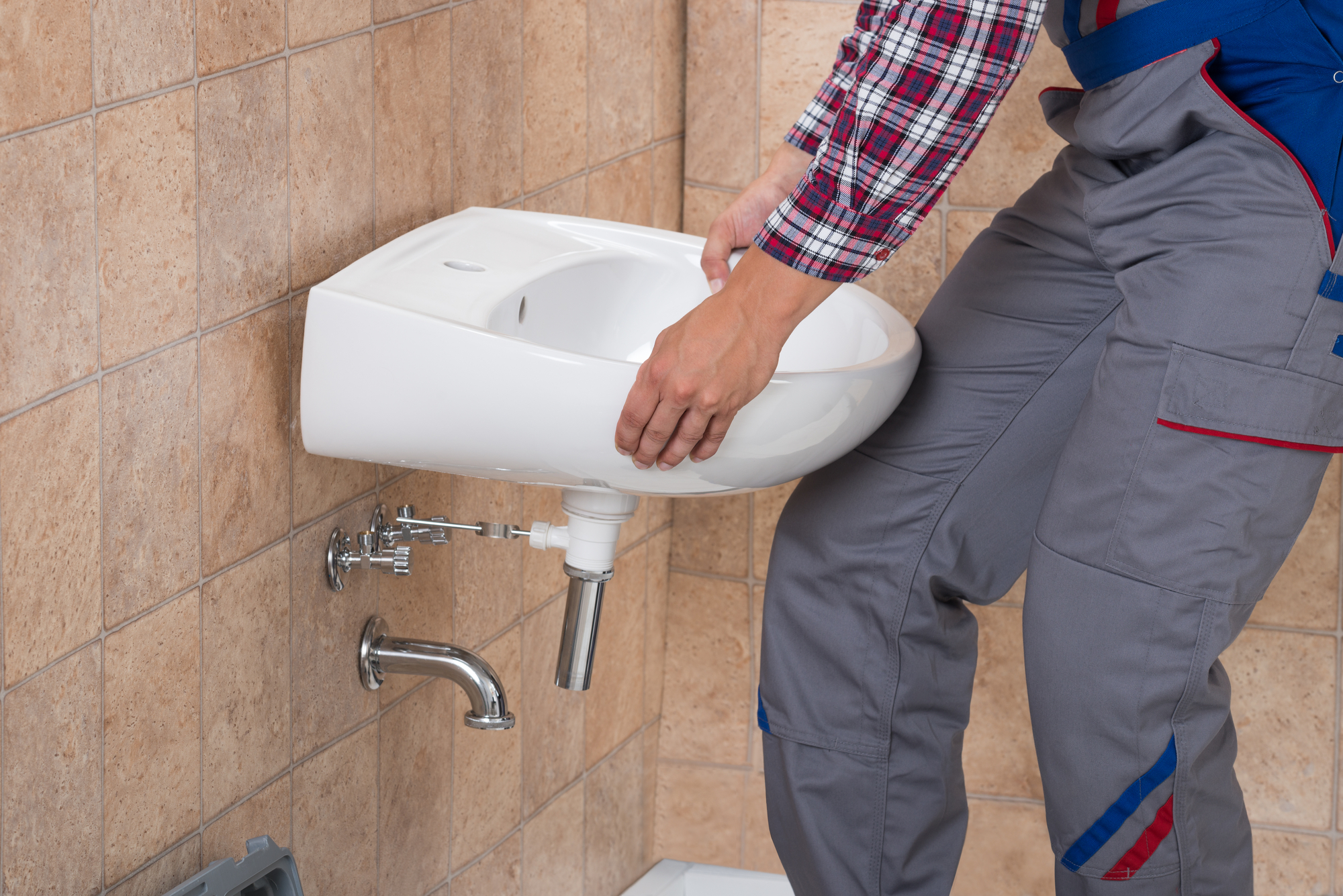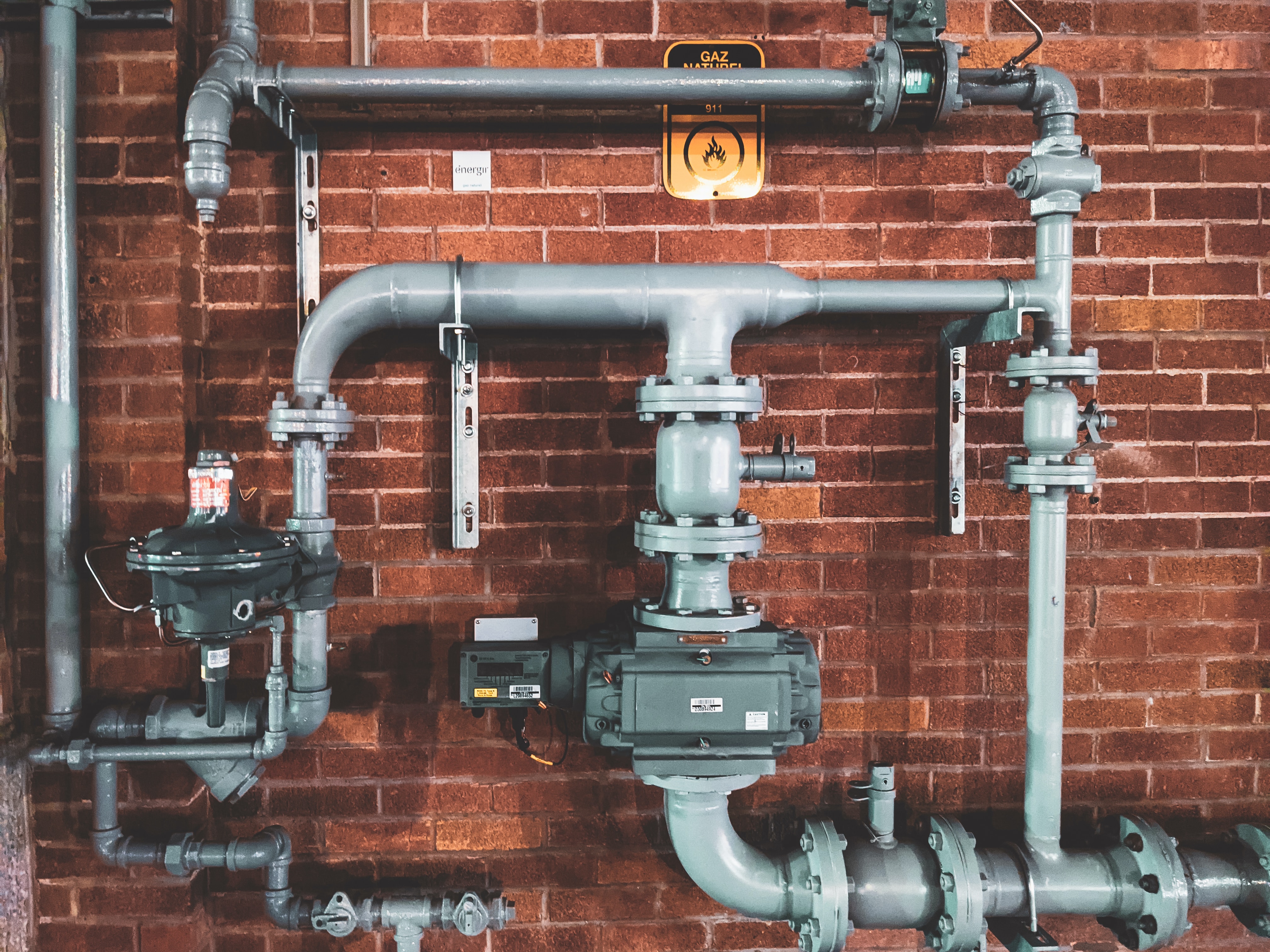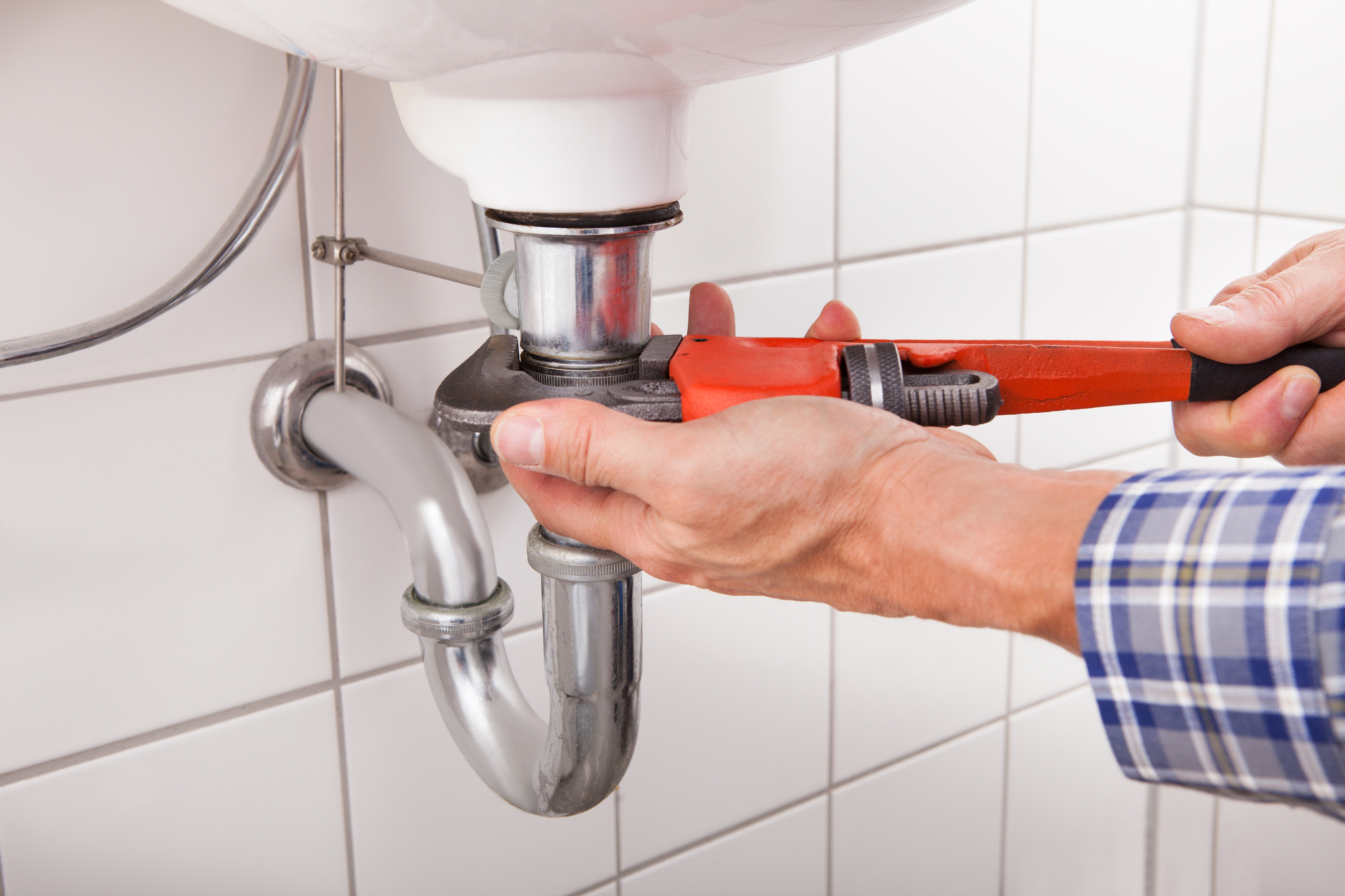In the world of homeownership, plumbing is often one of those overlooked areas, taken for granted until a problem arises. But, as the old saying goes, “Prevention is better than cure,” and that goes for your plumbing system as well. Maintaining your plumbing system regularly can save you from potential disasters, high repair or replacement costs, and undue stress. In this article, we delve into why regular plumbing maintenance is crucial and provide expert tips on how to keep your system working optimally.
The Need for Regular Plumbing Maintenance
Many homeowners erroneously believe that their plumbing system only requires attention when a visible problem appears– a leaky tap, a slow-draining sink, or a running toilet. However, plumbing is much more complex, encompassing everything from your gas line to your water heater, drains, and sewer system. Faults in these areas may not be immediately evident till they wreak havoc.

Regular plumbing maintenance helps identify underlying problems before they accelerate into disasters. Minor leaks, if ignored, can lead to water damage, mold growth, and higher utility bills. A poorly maintained water heater may work inefficiently, use more energy, or result in complete system failure, necessitating expensive replacements.
The Benefits of Regular Plumbing Maintenance
There are numerous benefits to regular plumbing maintenance:
1. Prevent Unplanned Disruptions: Regular maintenance helps identify potential problems early, preventing major breakdowns and disruptions to your daily life.
2. Prolong Lifespan: Regularly maintained plumbing systems, including pipes, water heaters, and faucets, tend to last longer, saving you from premature replacement costs.
3. Save on Utility Bills: A plumbing system in optimal condition guarantees efficient water and energy usage, helping to reduce your monthly bills.
4. Maintain Property Value: A well-maintained plumbing system is an asset that can significantly enhance your property’s value.

5. Guard Health: Plumbing issues such as leaks can lead to mold growth, which can risk your family’s health. Regular plumbing maintenance can help prevent such scenarios.
Your Guide to Plumbing Maintenance (300 words)
Here are some things homeowners can do to maintain their plumbing:
• Regular Inspections: Establish a routine of periodic inspections of your entire plumbing system, including faucets, toilets, water heaters, and drains. Check for leaks, noises, or visible signs of damage.
• Preventative Drain Cleaning: Regular drain cleaning can prevent serious clogs or backups. You can use commercial drain cleaning products or simple household items like baking soda and vinegar.
• Water Heater Maintenance: This includes checking the pressure relief valve, inspecting the anode rod, and flushing the tank annually to prevent sediment accumulation.
• Seasonal Plumbing Care: Depending on the region you are in, winterization or summer plumbing maintenance may also be necessary.
However, in-depth system checks need a professional plumber. These specialists use advanced tools to de-scale water lines, detect hidden leaks, assess sewer pipes, and perform system optimization.
Conclusion,
A functional plumbing system is key to a comfortable, efficient, and healthy home. By implementing regular plumbing maintenance, you’re not only saving money on potential repairs but also enhancing your quality of life and preserving your property’s value. Remember, while DIY maintenance can handle minor issues, regular professional plumbing inspections are vital. Let your local expert plumber guide you in maintaining a robust plumbing system.
Remember to share this article with friends and family who may find it helpful, and always keep your pipes in a prime state. Happy plumbing!






